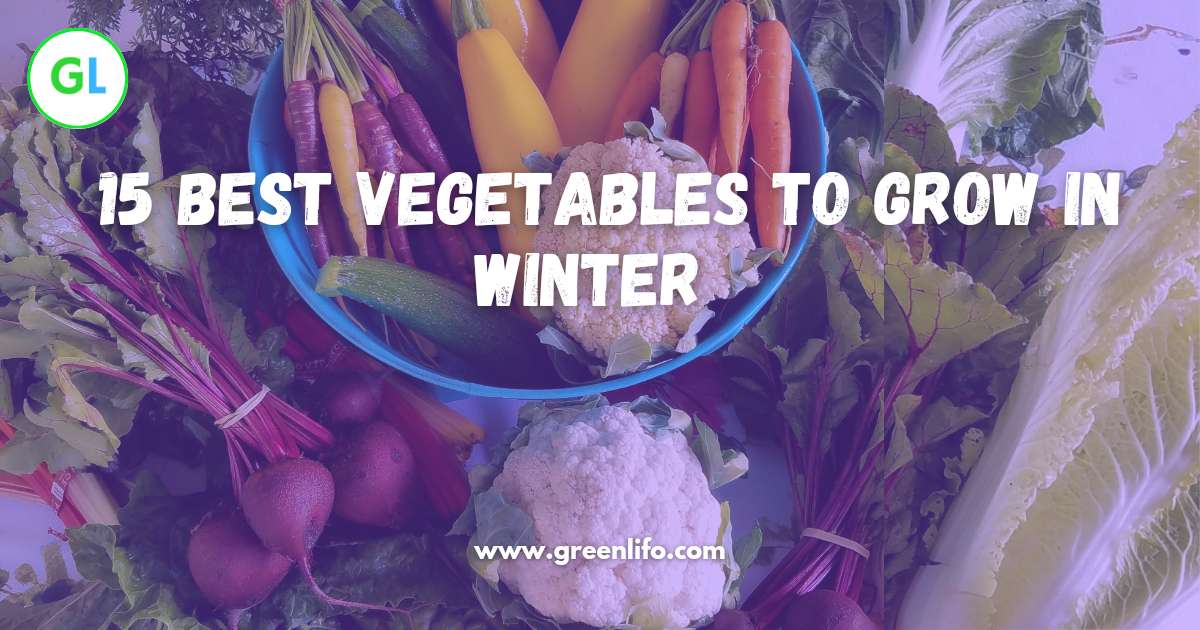
Winter can be a challenging time for gardeners, as the colder weather often makes it difficult to grow vegetables. However, with a little knowledge and preparation, you can successfully grow a variety of vegetables even in the dead of winter. Here’s everything you need to know about growing vegetables in winter, including the 15 best winter vegetables to grow, when to plant them, and how to protect them from the cold.
Learn How to Pick the Best Vegetables to Grow in Winter
When it comes to selecting vegetables to grow in winter, there are a few key factors to consider. First, you want to look for vegetables that are hardy enough to survive cold temperatures. Secondly, you should select vegetables that grow well in low light conditions, as the shorter days of winter can reduce the amount of sunlight available for plants. Finally, you want to choose vegetables that have a short growing season, as winter weather can limit the amount of time you have to grow them.
Read More : 8 Best Vegetables You Can Grow Indoors (Easy Beginner’s Guide)
When to Plant Vegetables to Grow in Winter
The timing of planting winter vegetables depends on your location and the specific vegetables you want to grow. In general, it’s best to start planting in early autumn, around mid-September to mid-October, so that the plants have time to establish roots and grow before the coldest weather sets in.
15 Best Winter Vegetables to Grow in 2023
Here are the 15 best vegetables to grow in winter:
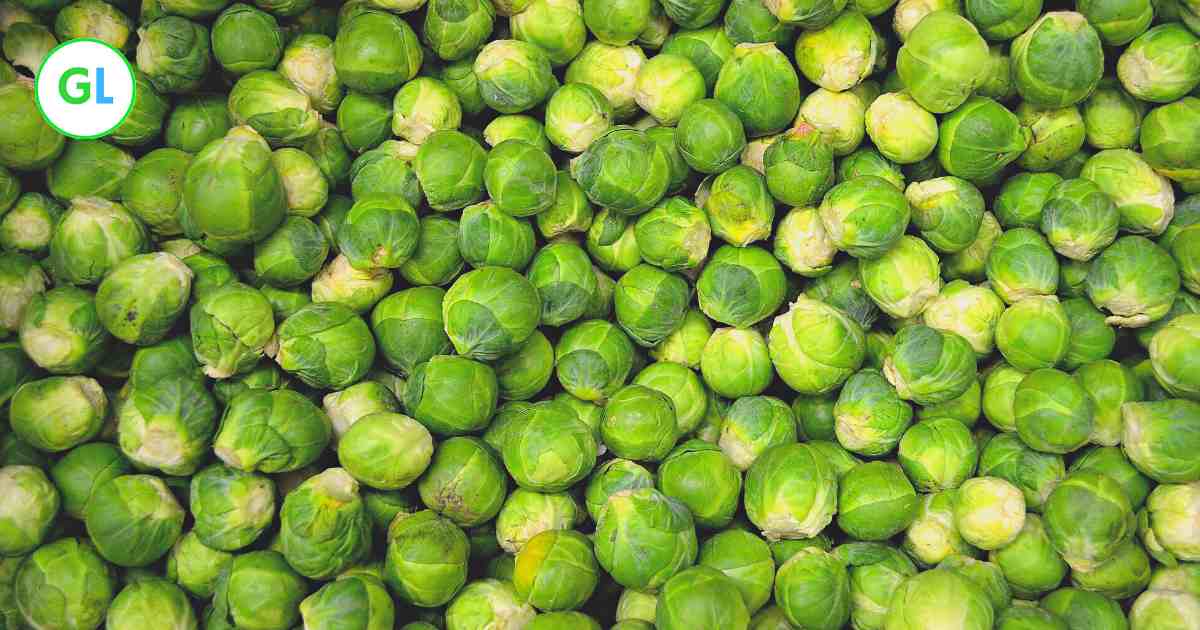
1. Brussels Sprouts: This hearty vegetable is a great choice for fall and winter gardens. It grows well in cold weather and is a good source of vitamins and minerals.

2. Carrots: Carrots are a versatile vegetable that can be harvested throughout the winter. They are relatively hardy and grow well in cold weather, making them a great choice for winter gardens.
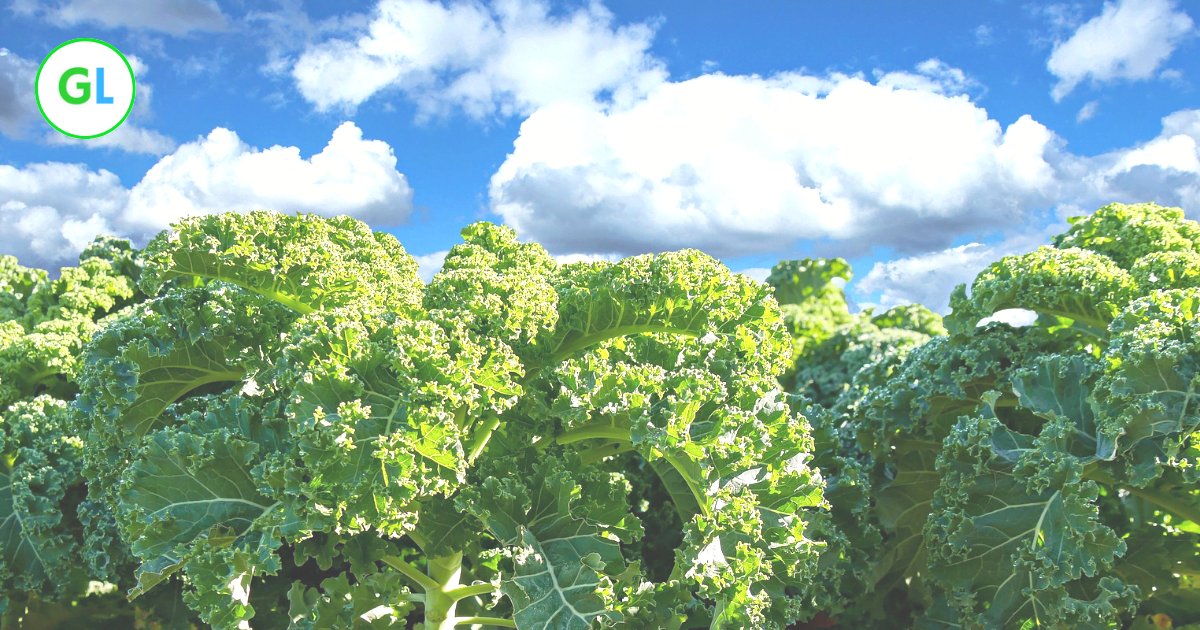
3. Kale: Kale is a hardy green that is packed with nutrients. It grows well in cold weather and is a good choice for fall and winter gardens.
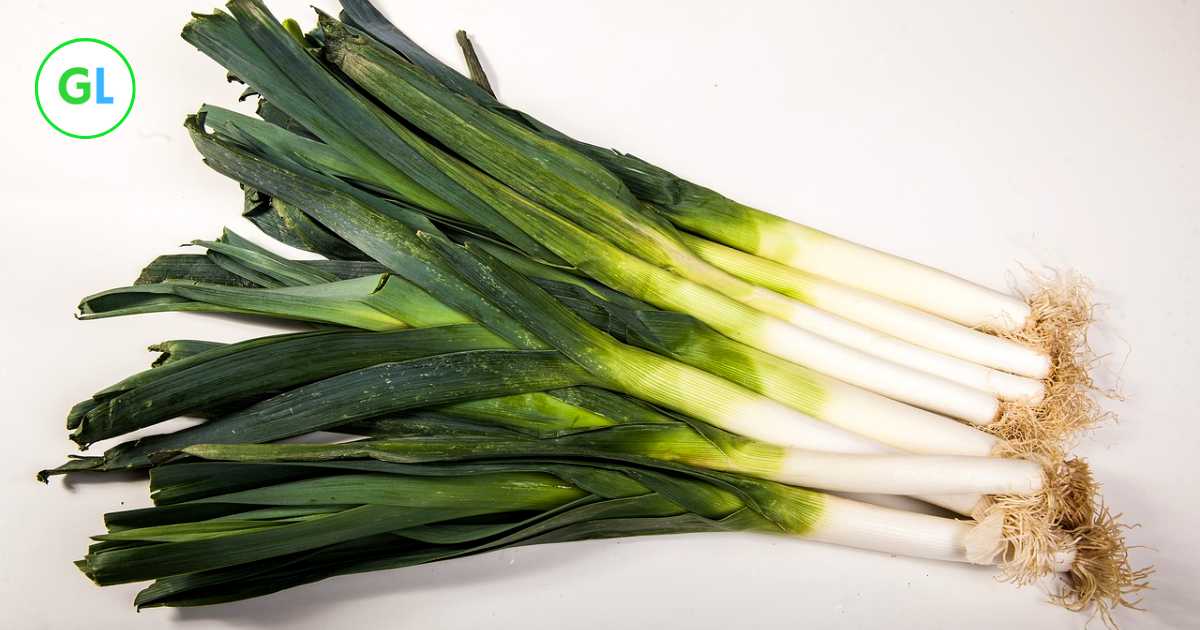 4. Leeks: Leeks are a member of the onion family and are a great choice for winter gardens. They are hardy and grow well in cold weather, making them a great option for gardeners looking to extend the growing season.
4. Leeks: Leeks are a member of the onion family and are a great choice for winter gardens. They are hardy and grow well in cold weather, making them a great option for gardeners looking to extend the growing season.
 5. Lettuce: Lettuce is a delicate green that is often grown in greenhouses over the winter. It requires protection from cold weather and is a great choice for those looking to grow fresh greens in the winter.
5. Lettuce: Lettuce is a delicate green that is often grown in greenhouses over the winter. It requires protection from cold weather and is a great choice for those looking to grow fresh greens in the winter.
Read More : 5 Benefits of Organic Farming – Green Lifo
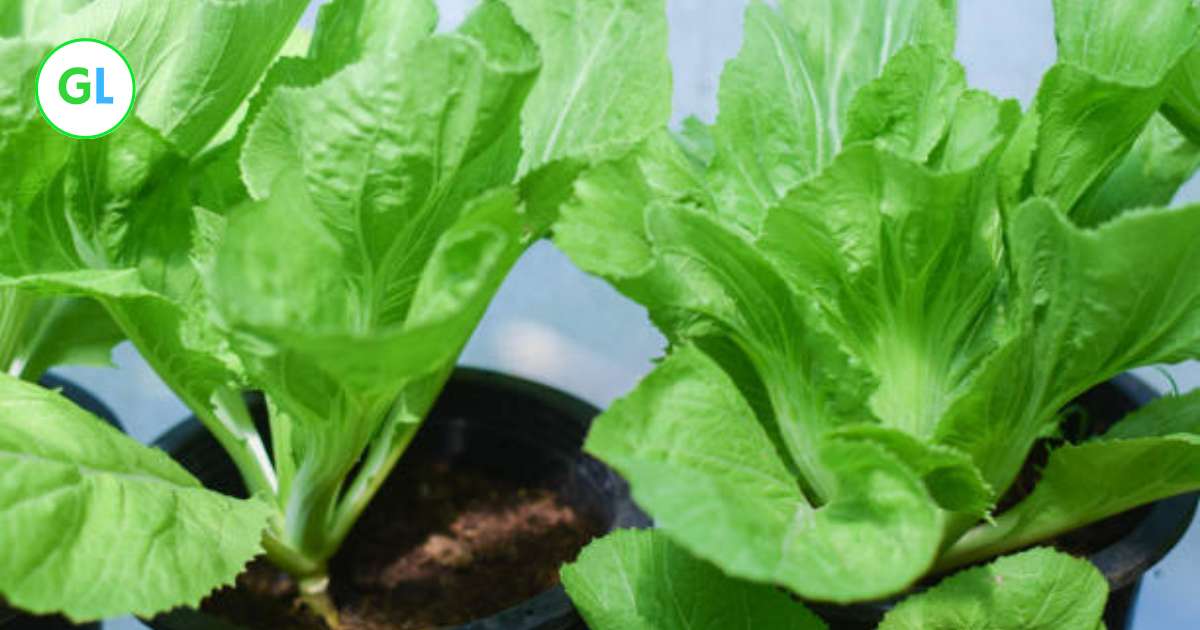
6. Mustard Greens: Mustard greens are a spicy green that is well suited to fall and winter gardens. They grow well in cold weather and are a good source of vitamins and minerals.

7. Parsley: Parsley is a versatile herb that is often grown in greenhouses over the winter. It is a good source of vitamins and minerals and is a great choice for those looking to add fresh herbs to their winter diet.
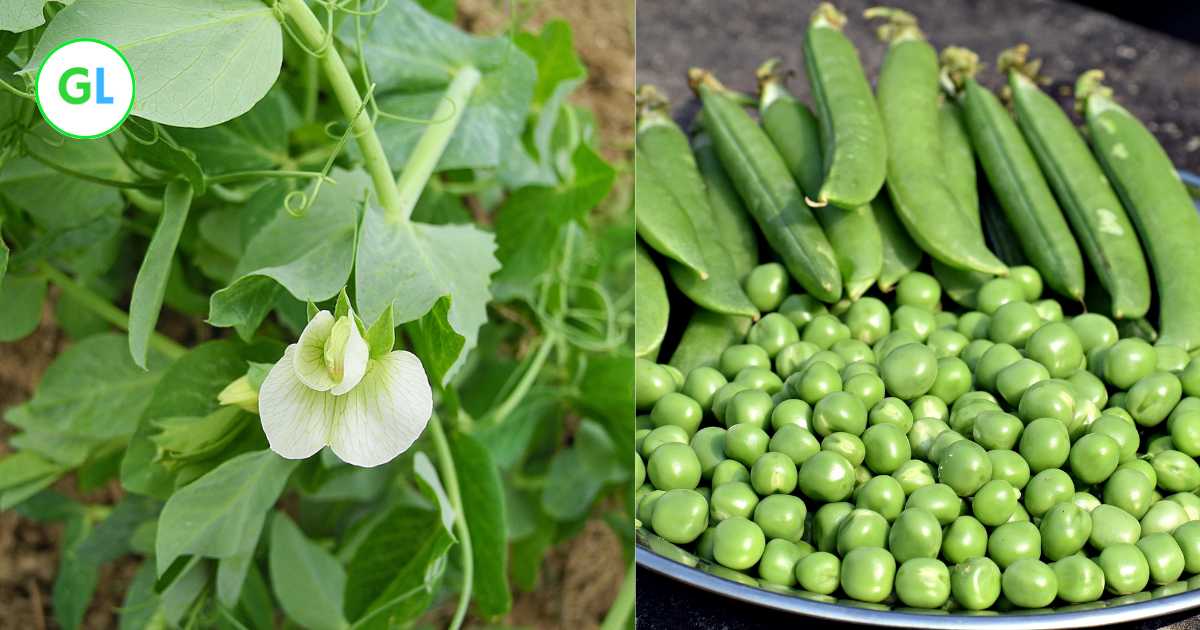
8. Peas: Peas are a cool weather crop that is well suited to fall and winter gardens. They are a good source of vitamins and minerals and are a great choice for those looking to extend the growing season.

9. Radicchio: Radicchio is a bitter green that is often grown in greenhouses over the winter. It is a good source of vitamins and minerals and is a great choice for those looking to add variety to their winter diet.
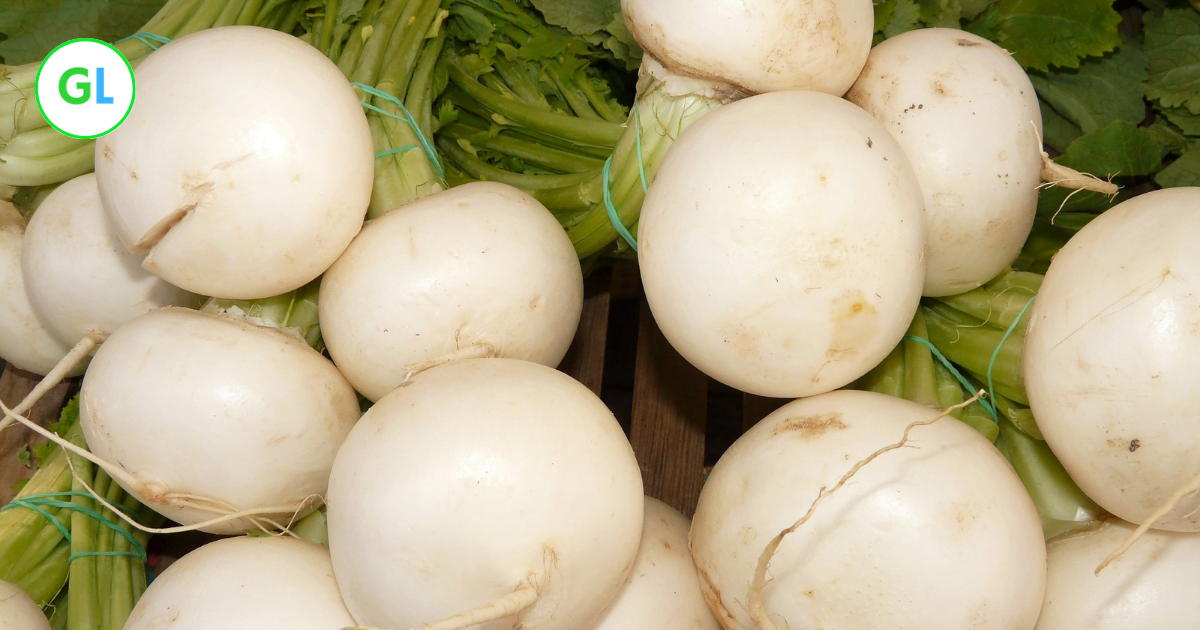
10. Radishes: Radishes are a quick-growing root vegetable that is well suited to fall and winter gardens. They are a good source of vitamins and minerals and are a great choice for those looking to extend the growing season.

11. Spinach: Spinach is a delicate green that is often grown in greenhouses over the winter. It is a good source of vitamins and minerals and is a great choice for those looking to add fresh greens to their winter diet.
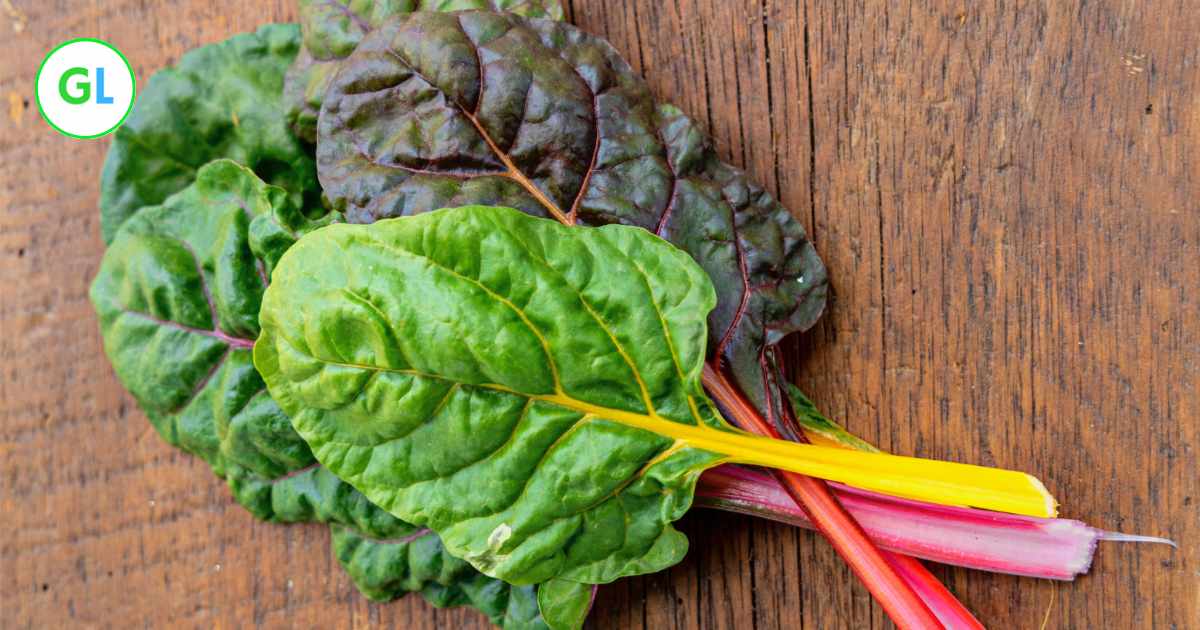
12. Swiss Chard: Swiss chard is a hardy green that is well suited to fall and winter gardens. It grows well in cold weather and is a good source of vitamins and minerals.
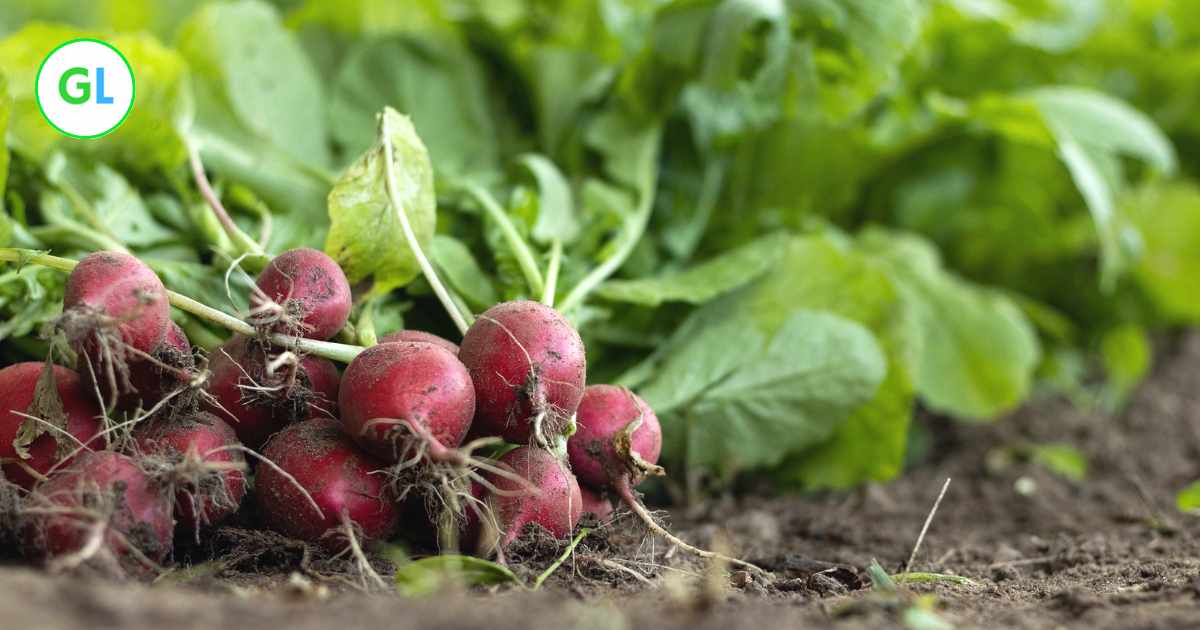
13. Turnips: Turnips are a root vegetable that is well suited to fall and winter gardens. They are a good source of vitamins and minerals and are a great choice for those looking to extend the growing season.
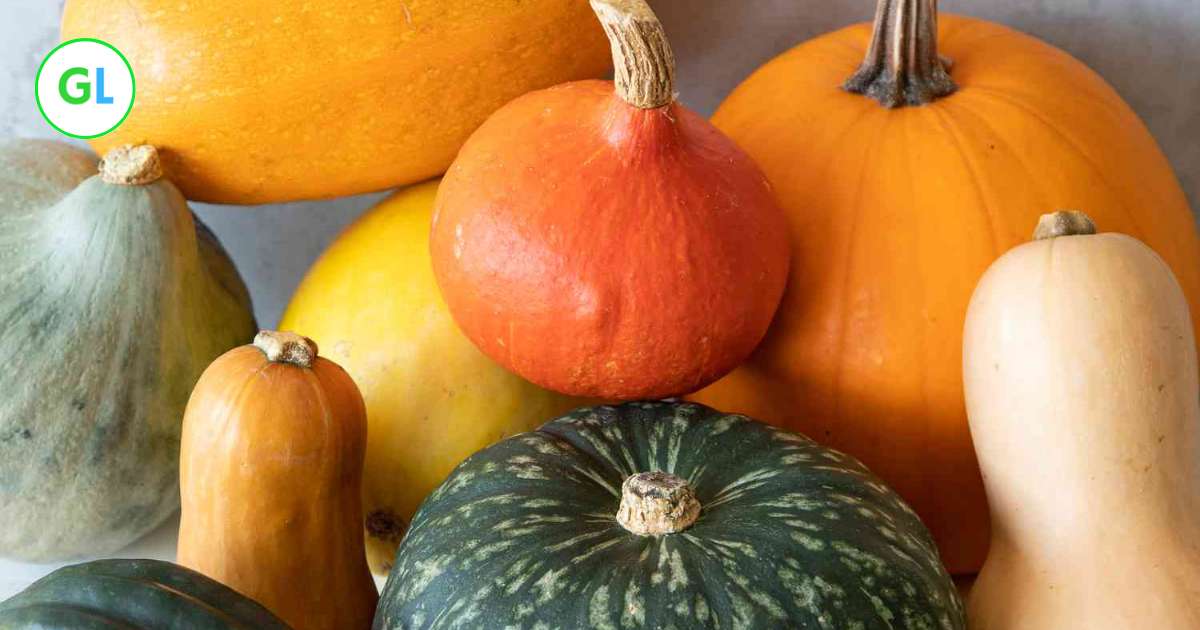
14. Winter Squash: Winter squash is a hardy vegetable that is well suited to fall and winter gardens. It grows well in cold weather and is a good source of vitamins and minerals.

15. Cauliflower: Cauliflower is a cool weather crop that is well suited to fall and winter gardens. It is a good source of vitamins and minerals and is a great choice for those looking to extend the growing season.
How to Protect Winter Vegetables
Winter weather can be harsh on vegetables, so it’s important to take steps to protect them from the cold. One of the easiest ways to do this is by using a cold frame, which is a simple structure that traps heat and protects plants from the elements. You can also cover your vegetables with frost blankets, which are made from a lightweight, insulating material that helps keep the plants warm. Finally, you can plant your vegetables in a greenhouse, which will provide them with a warm, protected environment where they can grow year-round.
What Vegetables Will Not Survive a Frost?
Not all vegetables are hardy enough to survive winter weather, so it’s important to be mindful of which ones are at risk. Some of the most delicate vegetables include tomatoes, cucumbers, peppers, and eggplants, which will not survive even a light frost. If you want to grow these vegetables in winter, you’ll need to provide them with protection, such as by planting them in a greenhouse.
What Vegetables Can You Grow in a Greenhouse Over Winter?
If you have a greenhouse, you can grow a wide variety of vegetables year-round, including many that wouldn’t survive outside in winter. Some of the best vegetables to grow in a greenhouse include tomatoes, cucumbers, peppers, eggplants, lettuce, spinach, and herbs like basil and parsley. These vegetables will thrive in the warm, protected environment of a greenhouse, giving you fresh produce even in the dead of winter.
Conclusion
Winter doesn’t have to be a time of year when you can’t grow vegetables. With the right knowledge and preparation, you can successfully grow a variety of crops even in the coldest months. Whether you choose to grow your vegetables in a greenhouse, use frost blankets.
15 Best Winter Vegetables to Grow: Growing Crops in Winter Months: FAQ
Q: What are the best crops to grow in the fall or winter?
A: Some of the best crops to grow in the fall or winter include: Brussels sprouts, carrots, kale, leeks, lettuce, mustard greens, parsley, peas, radicchio, radishes, spinach, Swiss chard, turnips, winter squash, cauliflower, beets, garlic, and onions.
Q: When is the best time to plant these crops?
A: It’s best to start planting these crops in early autumn, around mid-September to mid-October, so that the plants have time to establish roots and grow before the coldest weather sets in.
Q: Do these crops need special protection from the cold?
A: Some of these crops, such as Brussels sprouts, kale, and winter squash, are relatively hardy and can survive cold temperatures with proper protection. Others, such as lettuce and spinach, are more delicate and may require frost blankets or planting in a greenhouse to protect them from the cold.
Q: What is a cold frame and how does it help protect crops?
A: A cold frame is a simple structure that traps heat and protects plants from the elements. It provides a warm, protected environment for plants to grow, even in cold weather.
Q: Can these crops be grown in a greenhouse?
A: Yes, many of these crops can be grown in a greenhouse, which provides a warm, protected environment where they can grow year-round. This is a great option for those who want to grow vegetables in the winter but don’t have access to a cold frame.
Q: What are some of the benefits of growing crops in the fall or winter?
A: Growing crops in the fall or winter provides fresh produce even when outdoor growing is limited. It also helps to extend the growing season and allows for greater food self-sufficiency.
Q: What kind of soil do these crops need?
A: These crops thrive in fertile, well-drained soil. Adding compost or other organic matter to the soil can help improve its quality and promote healthy plant growth.
Q: How much sunlight do these crops need?
A: These crops need at least 6 hours of sunlight per day, although some may need more. If you’re growing crops in a greenhouse, make sure to provide adequate light through the use of grow lights or other means.
Q: How often should I water these crops?
A: Watering frequency will vary depending on the specific crop, the weather conditions, and the soil type. Generally, it’s best to water deeply and less frequently, rather than frequently and lightly.
Q: How can I know if my crops are ready to harvest?
A: The specific time when crops are ready to harvest will depend on the crop and the growing conditions. Check the seed packet for information on the expected harvest time, and look for signs such as the size of the fruit or the color of the leaves.
Q: Can I save seeds from my crops for future planting?
A: Yes, you can save seeds from some of these crops for future planting. Be sure to choose non-hybrid varieties, as hybrid seeds will not produce true-to-type plants.
Q: What are the biggest challenges of growing crops in the fall or winter?
A: Some of the biggest challenges of growing crops in the fall or winter include: limited sunlight, cold weather, and pest and disease issues. Proper planning and protection can help mitigate these challenges and ensure successful crop growth.
2 thoughts on “15 Best Winter Vegetables to Grow: Growing Crops in Winter Months”